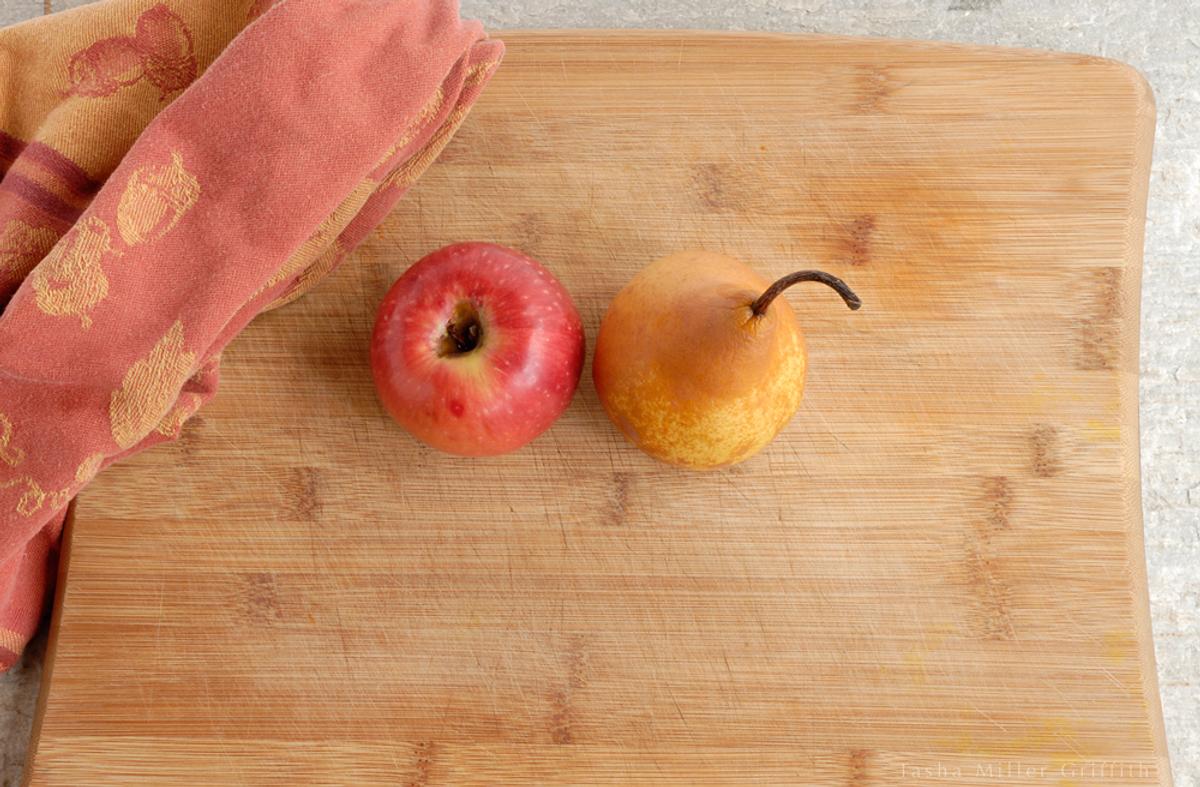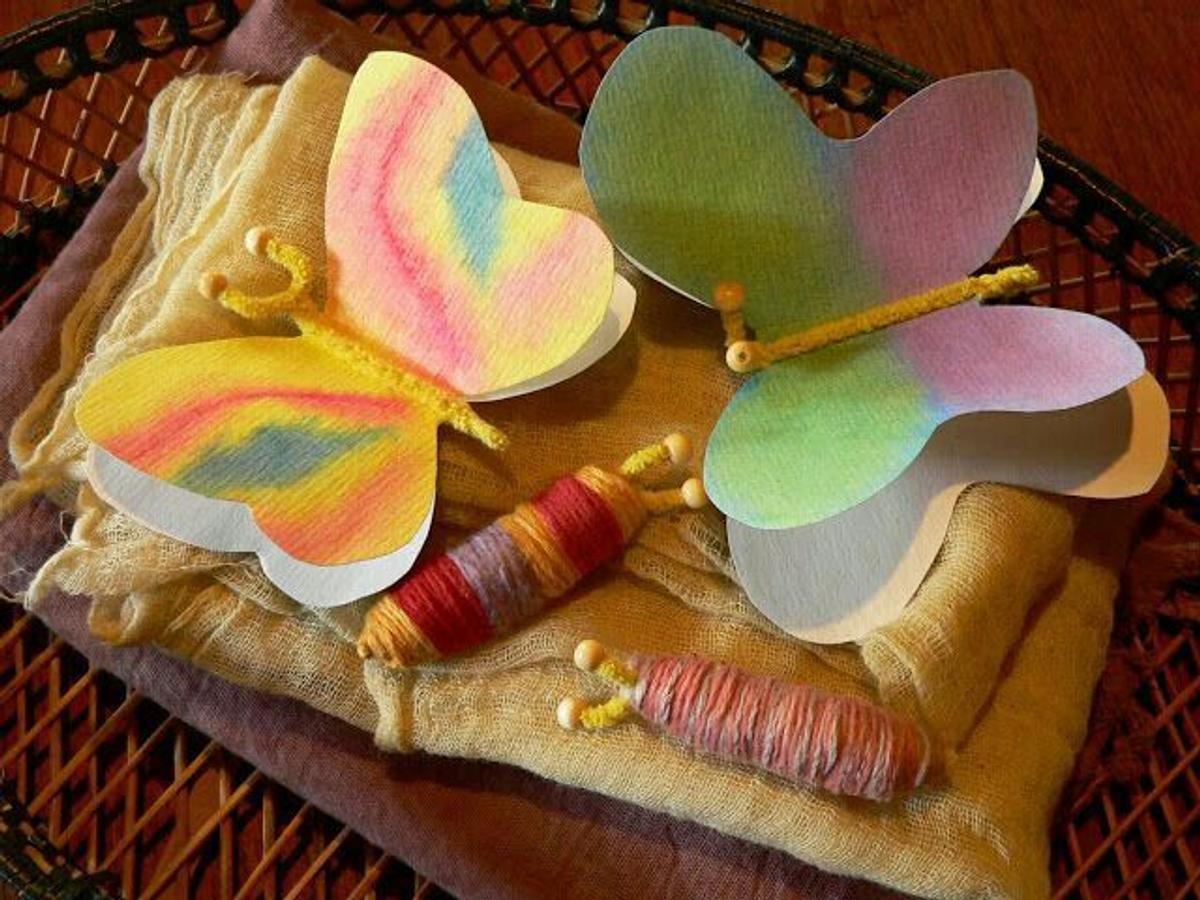Desert Rose Playgroup News
JEMIMA SAW, LINNEA OETZMANN & CAITLIN CONOVAN

Desert Rose Playgroup News
JEMIMA SAW, LINNEA OETZMANN & CAITLIN CONOVAN
What a lovely start to the year it has been and it has been wonderful to share our playgroup mornings with you and your little people! Morning teatime is often a time of rich discussion amongst parents. More recently some parents have shown interest in learning a bit more about Steiner education in the early years. Below are just a few key points to consider…
Steiner placed a particular emphasis on the first seven years of life. He believed that these years play an important role in laying the foundations for healthy development. In playgroup and throughout the early childhood curriculum, the focus is on creating a warm and nurturing environment for children.
At the heart of the Steiner Early Childhood Philosophy is play. Through play, children direct their own learning based on their own interests, they can develop important skills such as problem solving, creative thinking, social and emotional skills, amongst many other things.
Steiner believed that young children learn predominately through imitation and within Steiner education, teachers are seen as role models not necessarily instructors. Similarly as parents at playgroup, we are there to support our children to explore their interests, to develop trust and encourage openness, not to explicitly teach something or direct their play.
Steiner Early Childhood Education is steeped in creative activities. At playgroup we incorporate things like drawing, painting singing, dancing, storytelling and craft. There is also a focus on meaningful and purposeful activities, we work together to chop our fruit, tidy up our toys and share our morning tea. Placing value in everyday activities helps the children to learn through imitation as they explore their environment and develop healthy life habits.
In a Steiner early year setting, you won’t find lots of traditional maths or literacy activities. Instead, the children might be introduced to mathematical concepts while they’re preparing a recipe. Storytelling and dramatic play help to develop language and communication skills which they will need for reading and writing in future years. In this stage it is more about giving children opportunities to develop as human beings with play-based activities and creative expression before academic learning begins.
Parents who choose a Steiner education for their child, usually do so because of the emphasis that is placed on the whole child. Rather than children conforming to a busy and rigid curriculum, they are given opportunities to thrive in a calm and nurturing environment.
We will endeavour to share more articles throughout the year to enhance parent education and knowledge about Steiner’s unique approach to learning and development. Please don’t hesitate to ask questions along the way, we are all learning and growing together.
Warmly,
Jemima, Caitlin and Linnea



